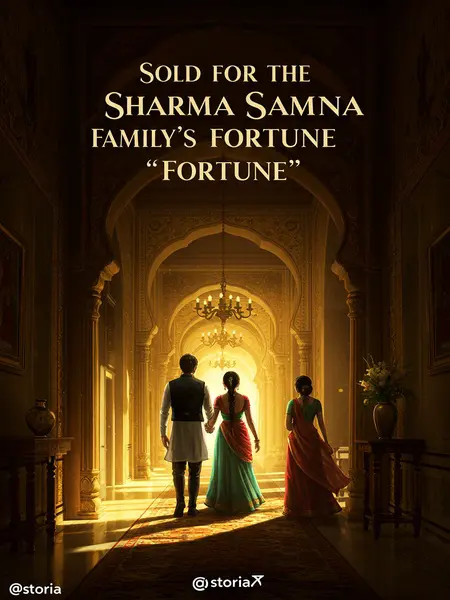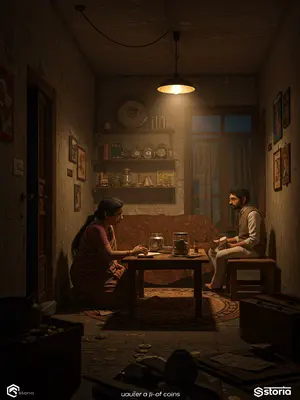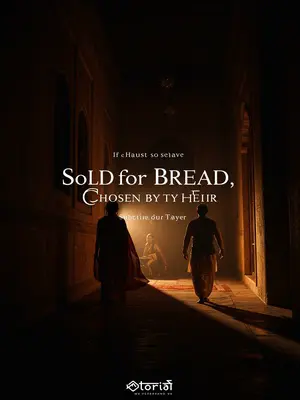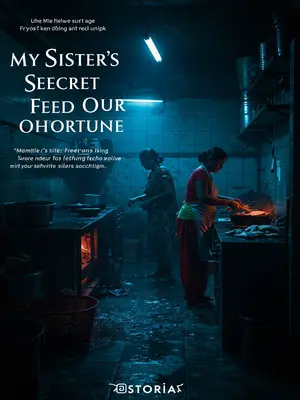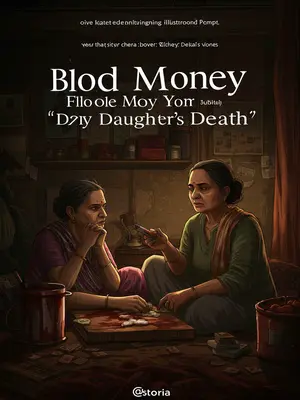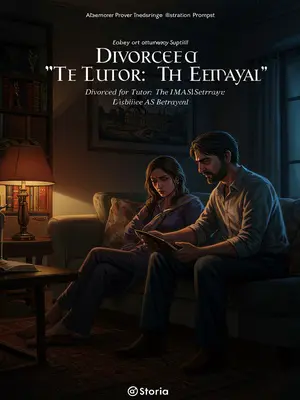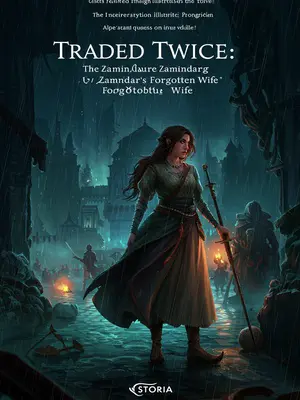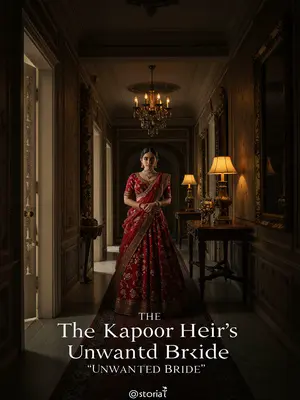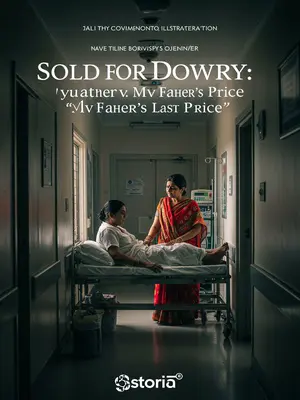Chapter 8: A Funeral for the Living
To display his generosity, Sneha’s father even gave my sister a grand funeral.
The whole town turned out, mouths agape at the procession of luxury cars, the endless stream of marigold garlands and silver trays laden with prasad. The Sharma family’s name was on everyone’s lips, praised for their kindness, their largesse, their respect for the dead.
When my sister was alive, she had to wait for festivals to eat a jalebi.
A simple treat—one rupee, maybe two—was a luxury for us. On ordinary days, she watched longingly from the window as other children licked their sticky fingers. She’d count down to every festival, knowing that was her chance.
But after she died, the funeral was filled with BMWs and lavish buffets.
Caterers laid out mountains of pulao and gulab jamuns, waiters in uniform bustling about, and politicians came to offer their scripted condolences. BMWs lined the street, blocking the path for cycle rickshaws and scooters. The irony was suffocating.
On the day of the funeral, Dad was already at the police station, and I was the only one from our family present.
I stood alone among a sea of strangers, the weight of my grief dwarfed by the spectacle around me. My father was gone, my mother lost in her own pain, and my sister was just another name on the Sharma family’s list of good deeds.
